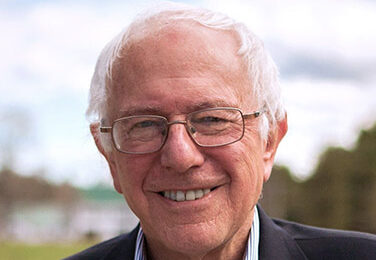How hard can it be to find a poor person? In Denmark, it apparently takes the work of a detective.
Witness the farce this week that saw the otherwise well-meaning Socialistisk Folkeparti MP Özlem Cekic trot out a 36-year-old mother who has been living on public assistance for the past 20 years as an example of a ‘poor person’.
After her bills are paid, Carina (an assumed name) has 5,000 kroner a month to live on. While we certainly feel for Carina – and even more so for her son – when she describes it as “demeaning” to have to ask for help to buy shoes for him, we could also trot out two-income families that have that much to live on each month and manage to make ends meet.
Cekic’s media stunt – and Joachim Olsen’s original claim that the repeated talk of poverty in Denmark made him want to “throw up”– may have done more to highlight the failure of the welfare state than the plight of the ‘poor’, but it has generated plenty of attention for the situation of the 330,000 people in this country who can be called ‘poor’.
We have to put that term in quotes because Denmark has no official poverty line, and there are only unofficial definitions of who qualifies as a have-not. One of those who might make the cut, though, is Gitte, an unemployed middle-aged mother of four – only one of whom still lives at home – who shared her situation with public broadcaster DR. She only has 2,337 kroner to spend on food and sundries when all her bills are paid each month.
Even though Gitte doesnÂ’t have much, her own definition of poverty is when you lie asleep at night with a stomach ache, not sure about how you will pay for gifts for your childÂ’s birthday.
If those are the best examples of poverty that we can find, then Denmark truly has lived up to its reputation as a country where “few have too much and even fewer have too little”.
Unfortunately, thatÂ’s probably not a conclusion the guy who sleeps in the doorway next to our office in Vesterbro would agree with.
If weÂ’re looking to come up with a definition of poverty, we think this should be included: the inability to help yourself. ThatÂ’s why it was a relief to hear Cekic, in the midst of her on-screen debacle, argue that solving poverty requires investing in people.
We could hardly agree more; we just believe that the point of the investment should be to lift people out of poverty, not keep them on permanent financial support.
Join the debate – join us on Twitter or Facebook, or leave a comment below.















